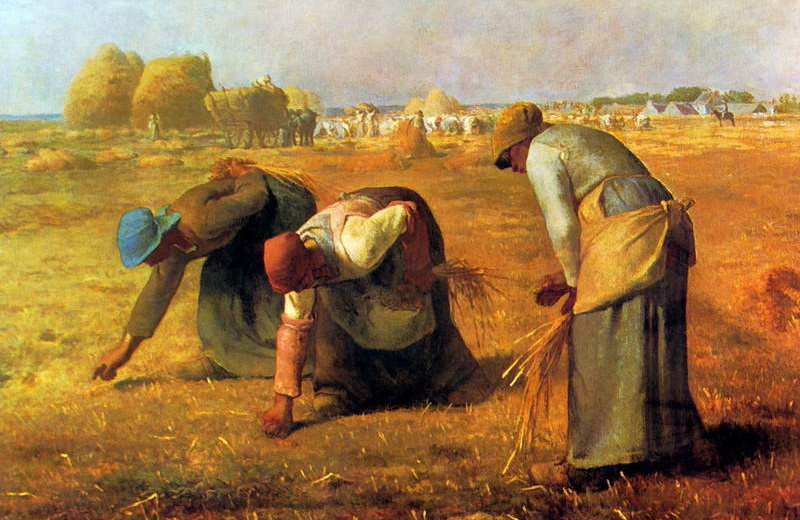
Indeed, until the last few centuries, the bulk of humanity was confined to activities that, while often fruitful, meaningful, and God-glorifying in their basic aim and end, did not leverage individual “giftings” in ways we would deem “fulfilling” or “dignifying” today.
Our economic situation has surely improved in the years since, with vocational opportunities and overall prosperity continuing to expand and improve in profound and unexpected ways. But many still find themselves in positions or careers that are difficult to endure, from the anxieties of a Wall Street executive to those of an underpaid farm hand.
Each of us is going to encounter our own unique challenges, driven by and toward our own particular calling. Although we ought to try our best to improve the alignment of such service in a fallen world, the persistent need for hard and rough work is bound to remain as long as it remains a fallen world.
Thus, in our elevating of the meaning, dignity, and transcendent purpose of all work, those laboring in situations of unavoidable pain, difficulty, and frustration deserve careful attention, encouragement, and support.
“Work can wound,” DeKoster continues, and when it does, it may or may not be for just a short season. We are each called to a particular form and extent of service, and while we seem to understand the increased demands placed upon missionaries and martyrs, we should recognize that those in the workplace — whether in field, factory, or office tower — are often called to similar lengths of toil and sacrifice.
As DeKoster explains, when Jesus says to “take up your cross” and “lose your life to find it,” the work of our hands is not exempt:
As the Lord God surveys his world, what a host of rugged heroes and heroines of labor he must behold! Those who rise with the sun, lifelong, to jobs that demand endless self-sacrifice, and get in return but little reward in pay and still less in recognition. Those who see no sunshine all the day long, in the caverns of the earth or the noisome dungeons of heavy industry. And those—no less heroic—who find their substantial salary and bonuses but small recompense for the burdens, and the envy, their “success” involves. Those who must day by day drive weary bodies and spent minds to one more effort. Those who wrestle with bureaucracy to keep businesses solvent long after patience and pleasure are dead. Some who exercise initiative without appreciation, but persevere well beyond the need for personal monetary reward. Mothers whose lives are poured into their families; fathers whose bodies are sacrificed that their wives and children might live. God sees migrant families struggling hopelessly from dawn to dusk; peasants who grub like slaves without hope; service employees called any time for emergencies, surrendering their family holidays or busy through the dark of night.
“Lose your life …,” is Jesus asking us? He is talking about the martyrdoms of labor too.
Job heroism has no class distinctions, only differing forms. There are frontiers all over our workaday world requiring courage and perseverance as intrepid as ever conquered any geographical frontiers. Frontiers met and bested every day, in the kitchen, in the catacombs of industry, in the glare of the front office, in the high level visibility of the rich and the powerful.
Work can be cross bearing, self-denying, and life-sacrificing; because work is following the Lord in ways of service, be that in ways hidden to all but God alone or at an envied occupation demanding sacrifices only the doer can know.
Amidst our newfound prosperity, privilege, comfort, and leisure, let us remember that the fundamental call of the Gospel is service to others, and thus to God. “Christianity is not a detour around life’s problems,” DeKoster writes,” it leads us along the narrow way of shouldering our cross and becoming ‘sheep’ in the process.”
That applies to missions, ministry, family, and education, and it surely applies to the world of work.
[product sku=”1440″]